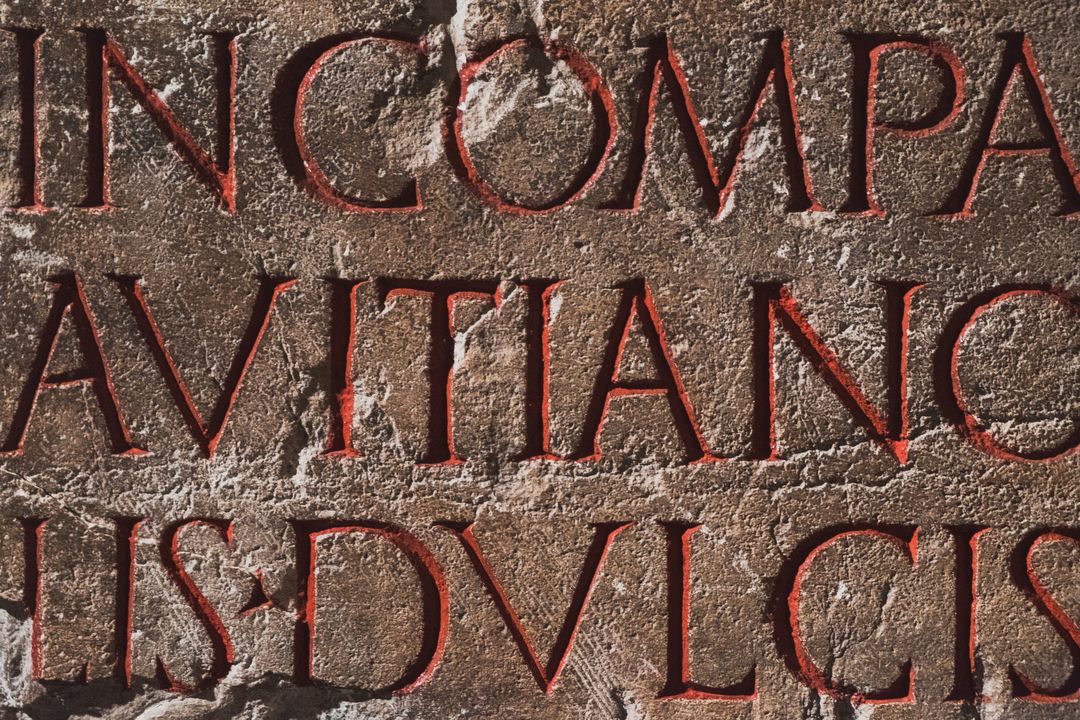Growing up multilingual - definitely an advantage
Children growing up multilingual have better social skills and not only learn an additional language but also another culture.
There is no clear definition of rhetoric. Some define it as art, others as science. Both are correct.

Read this article in: Deutsch, English, Español
Estimated reading time:3minutesRhetoric - the art of persuasion, can also be understood as science. The art of convincing people of one's own idea and the science of using language properly. Rhetoric refers to using language to convince others of one's own idea or opinion or to persuade someone to do something. To write a speech in such a way that it achieves the greatest possible desired effect on the listener.
This art was already defined in ancient Greece. In case of disputes one had to present one's case orally in court. It was important to formulate one's arguments properly, so as to not talk oneself into trouble. A system was developed and the art of rhetoric was taught. Rhetoric is still important in today's society. It is taught in schools and especially at universities. All the knowledge in the world isn't helpful if it cannot be passed on and replicated for one's own purposes.
There are many famous speeches that would probably not have had their desired effect without using proper rhetoric. Take, for example, Winston Churchill's "Blood, sweat and tears" speech to the House of Commons during World War II. Through this exaggeration he manages to underline the necessary urgency of his concern. He makes it clear to the people that great sacrifices are needed to ensure the survival of the Commonwealth. In his speech at the "Sportpalast", Goebbels also tries to persuade the people to make great sacrifices, but used other stylistic devices. At the beginning he praises the people for what they have achieved so far and explains in detail why the enemy is the enemy. He leaves no doubt that the "totale Krieg" is inevitable. But the end is decisive and has made this speech a prime example of successful propaganda speeches. Goebbels quoted the claims of the English and then asked "the representative people" rhetorical questions, which the audience could answer only with cheers and applause.

Other rhetorically masterful speeches have remained in our memory with one sentence: e.g. Martin Luther King's "I have a dream" or John. F. Kennedy's "Ich bin ein Berliner". King especially inspired people with his metaphors. His speech had the sound and intensity of a sermon. His repeated exclamation "I have a dream" was directed at the American dream which was omnipresent in America and which should also apply to the black population. It is a manifesto of equality and freedom and its imagery has hardly been matched. Kennedy had also chosen freedom as the central theme of his speech. Through repetition he emphasizes that the city of Berlin embodies freedom and the wall the failure of communism. "I am a Berliner" will forever stand for freedom.
You cannot define rhetoric clearly in one sentence. It is an art, a science, the basis of any communication, especially communication with a specific goal. What would a lawyer be who isn't able to shed a different light on facts with words, or a salesman who cannot advertise his product against all doubt? Of course, a good speech uses many techniques in order to achieve the desired goal. However, there are speeches that resemble a work of art, such as Martin Luther King's speech in Washington. Despite all the techniques available, only a few could have written such a speech.
Thank you for your time!
Regards, Helena
#alugha
#doitmultilingual
#everyoneslanguage

Children growing up multilingual have better social skills and not only learn an additional language but also another culture.
How does our mother tongue influence our thinking? Are we more intelligent because of a more differentiated language?
Tomorrow, on December 18, the last movie of the third Star Wars trilogy, the saga's end, will arrive in cinemas. Another battle between good and evil, between Resistance and Empire, or rather the First Order.